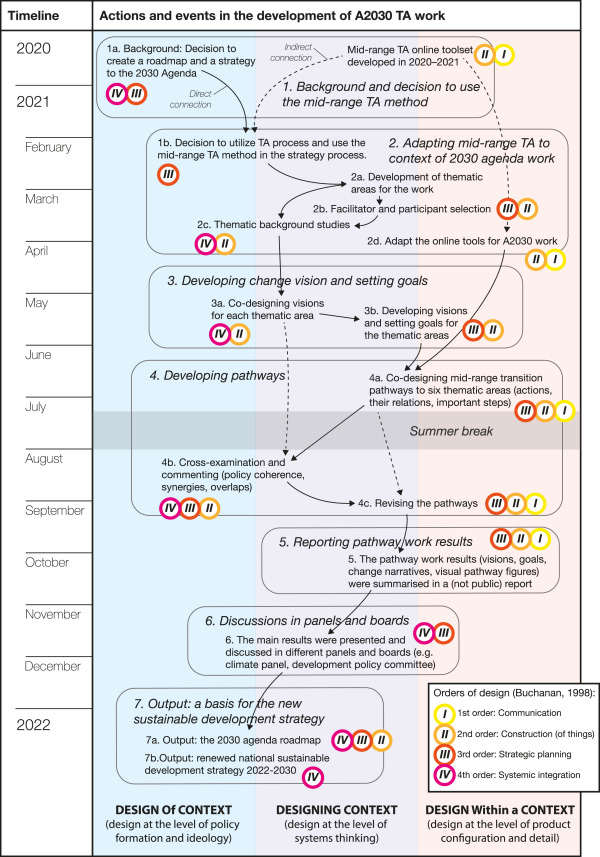
# An In-Depth Manual for Suggested Readings in Psychological Theory
The conversation started by Ekaterina Damer, which continues to incite lively debate among psychologists on Twitter, has evolved into a prominent source of academic suggestions for grasping and enhancing psychological theory. Spanning from timeless writings to modern critiques, the recommendations gathered here cover a multitude of areas including theory development, modeling, and the philosophy surrounding psychological science.
Below, we have assembled the majority of these suggestions alongside their respective recommenders’ names, as well as links to access them whenever available. Although this guide serves as a valuable resource for both scholars and inquisitive learners, we warmly welcome comments and additional suggestions to broaden the dialogue.
—
### **Core Concepts in Psychological Explanation**
1. **Robert Cummins**
– *“How does it work?” vs. “What are the laws?” Two perspectives on psychological explanation*
– [Link to PDF](https://pdfs.semanticscholar.org/f5b1/b05e8313aee94ccd98e80eab3ec56dbd2c97.pdf)
Recommended by: **Iris van Rooij**
This article presents a crucial discussion that distinguishes between mechanistic and law-like explanations in the field of psychology, urging researchers to critically evaluate the essence of their theoretical constructs.
2. **Gerd Gigerenzer**
– *Personal Thoughts on Theory and Psychology*
– [Link to article](http://journals.sagepub.com/doi/abs/10.1177/0959354310378184)
Recommended by: **Djouria Ghilani**
An introspective essay that provides a distinctive perspective on psychological theorizing, intertwining methodological reflections with personal stories.
—
### **Theory Development in Social and Personality Psychology**
3. **Ed Orehek**
– *Theory Development in Social Personality Psychology: Personal Experiences and Insights Gained*
– [Link to article](http://journals.sagepub.com/doi/abs/10.1207/s15327957pspr0802_1)
This dedicated issue delves into the obstacles and successes faced by social and personality psychologists in constructing solid theories.
4. **Barry N. Markovsky**
– *A Collection of Works by Barry N. Markovsky*
– [Link](https://works.bepress.com/barry_markovsky/)
Recommended by: **Djouria Ghilani**
A significant anthology of theoretical contributions that spans both sociology and social psychology.
—
### **Paul Meehl: A Pillar of Theory and Methodology**
Widely celebrated within the psychological community, Paul Meehl’s contributions to theory testing and methodology are considered fundamental.
5. *Theory-Testing in Psychology and Physics: A Methodological Enigma*
– [Link to PDF](http://meehl.umn.edu/sites/g/files/pua1696/f/074theorytestingparadox.pdf)
6. *Evaluating and Revising Theories: The Lakatosian Defense Strategy and Two Principles That Justify It*
– [Link to PDF](http://meehl.umn.edu/sites/g/files/pua1696/f/147appraisingamending.pdf)
7. *The Reasons Why Summaries of Research on Psychological Theories Are Frequently Uninterpretable*
– [Link to PDF](http://meehl.umn.edu/sites/g/files/pua1696/f/144whysummaries.pdf)
Meehl’s writings are described as central to the ongoing conversation, with **PsychBrief** offering comprehensive summaries of his work in this [dedicated resource](http://psychbrief.com/meehl-videos-papers/).
—
### **Critical Views on Theoretical Constructs**
8. **Robert I. Sutton & Barry M. Staw**
– *What Theory Is Not*
– [Link to PDF](http://haas.berkeley.edu/faculty/papers/stawtheory.pdf)
Recommended by: **Burak Tunca**
This paper critically analyzes widespread misunderstandings regarding theory, encouraging researchers to clarify their comprehension of what makes for substantive theoretical contributions.
9. **K. G. Wilson**
– *Observations on Theoretical Constructs: Types and Validation from a Contextual Behavioral Standpoint*
– [Link to article](http://www.ijpsy.com/volumen1/num2/23/some-notes-on-theoretical-constructs-types-EN.pdf)
Recommended by: **Eric Morris**
An in-depth examination of theoretical constructs, presenting guidelines for their validation and applicability in the field of behavioral science.
—
### **Practical Resources for Theory Development**
10. **Jaccard, J., & Jacoby, J.**
– *Theory Development and Model-Building Skills: A Practical Handbook for Social Scientists*
Recommended by: **Daniël